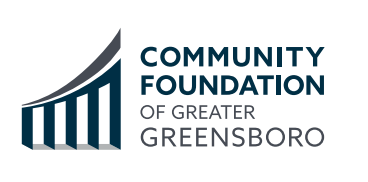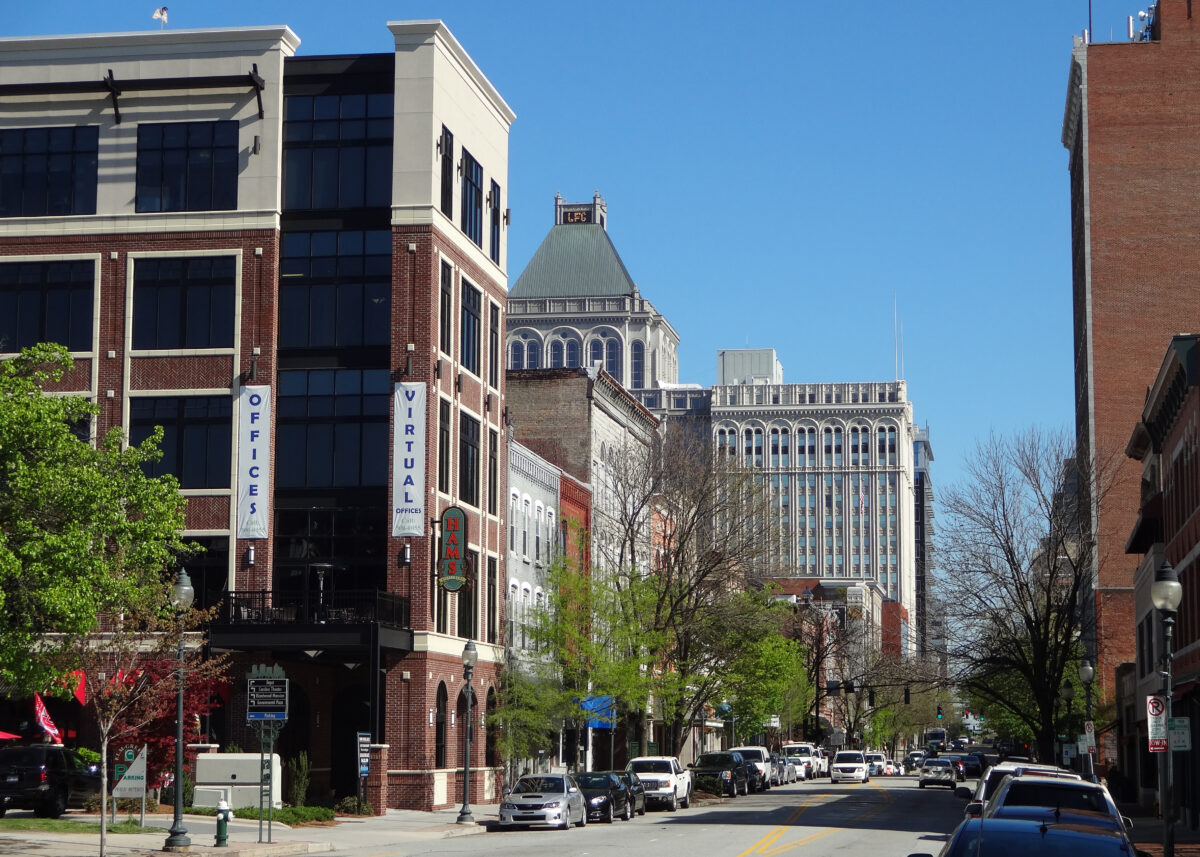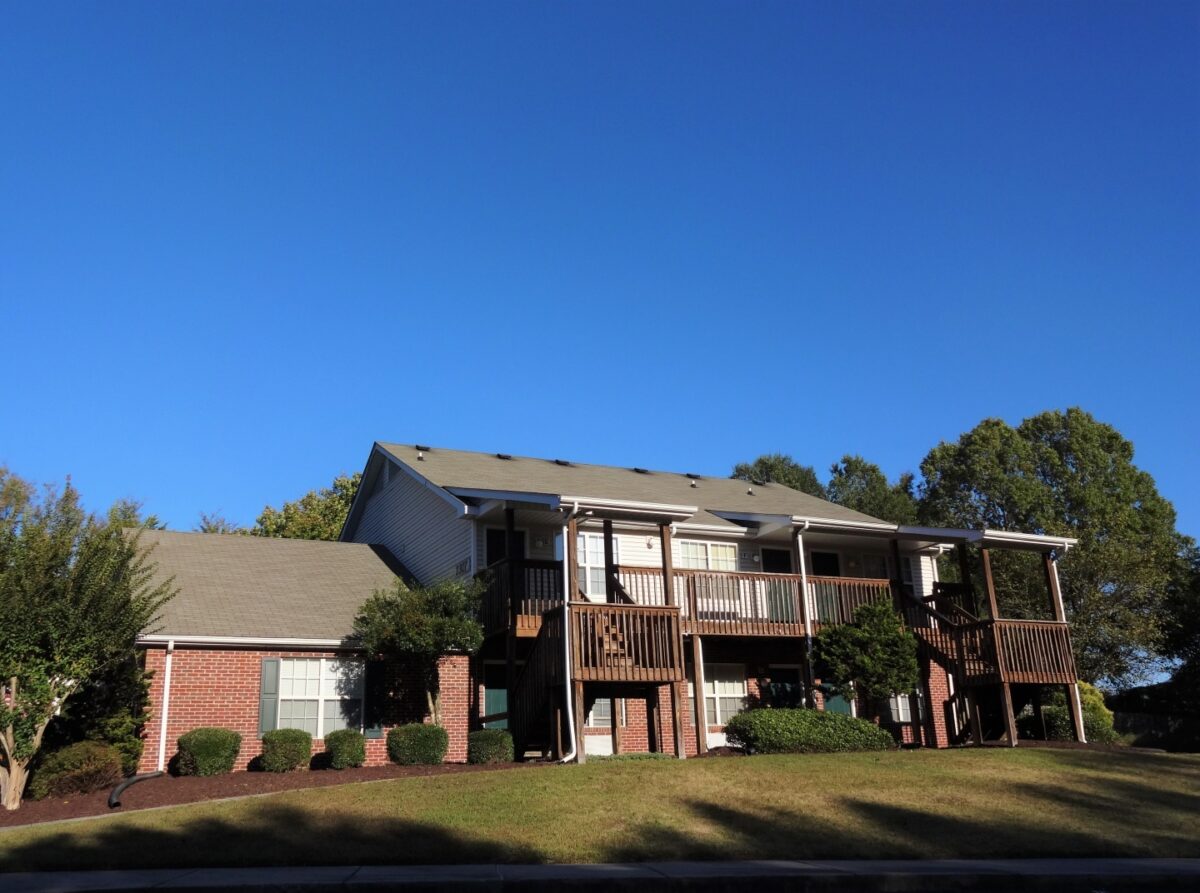Among the most critical decisions facing Greensboro voters at the ballot box July 26 is the fate of a $30 million bond proposal that would create desperately needed housing for our city’s workforce, increase access to home ownership and reinvest in the health and safety of our neighborhoods.
This investment could not come at a better time. Denver-based Boom Supersonic plans to open a $500 million, full-scale jet manufacturing facility at Piedmont Triad International Airport in 2024, the same year Toyota is slated to start production at its new $1.3 billion electric battery plant at the Greensboro-Randolph Megasite in Liberty. And Publix is on track to begin hiring workers as soon as October for its new $400 million distribution center in McLeansville.
All told, these three major employers plan to create at least 4,500 new jobs — and likely even more considering the ancillary suppliers expected to follow suit. New jobs generate new tax revenue: When workers choose Greensboro as a place to live, they grow our tax base and spend money in our city. They fuel our economic engine.
But new industries moving into our region depend on employees who can live and work nearby. And therein lies a serious problem. Greensboro’s current housing stock reached an alarming low during the past year, according to the Triad Multiple Listing Service, with inventory decreasing nearly 23% for single properties and nearly 28% for townhouses and condos. The condition of existing housing is equally bleak: A housing study commissioned by the city found the majority of multi-family units are more than 50 years old and sorely need rehabilitation. (See graphic.)
Couple this with the fact that prices for entry-level houses continue to skyrocket, and new workers moving to our community for these jobs will be hard-pressed to find decent, affordable places to live.
The Community Foundation of Greater Greensboro (CFGG) stands ready to work toward a solution. The housing bond is the first step toward leveraging private and public capital to provide low-interest loans for developers who commit to preserving existing multi-family housing in need of repair and building new affordable units.
As a next step, CFGG has already been connecting with other forward-thinking individuals, private foundations, financial institutions and investors who understand the nexus between good jobs and good places to live. These emerging investment partnerships will help Greensboro address the severe shortage of quality affordable housing facing our workforce. So, too, would the housing bond proposal on the ballot July 26.
Consider it a wise investment — in our city’s economy and collective quality of life — that will pay dividends for years to come.




